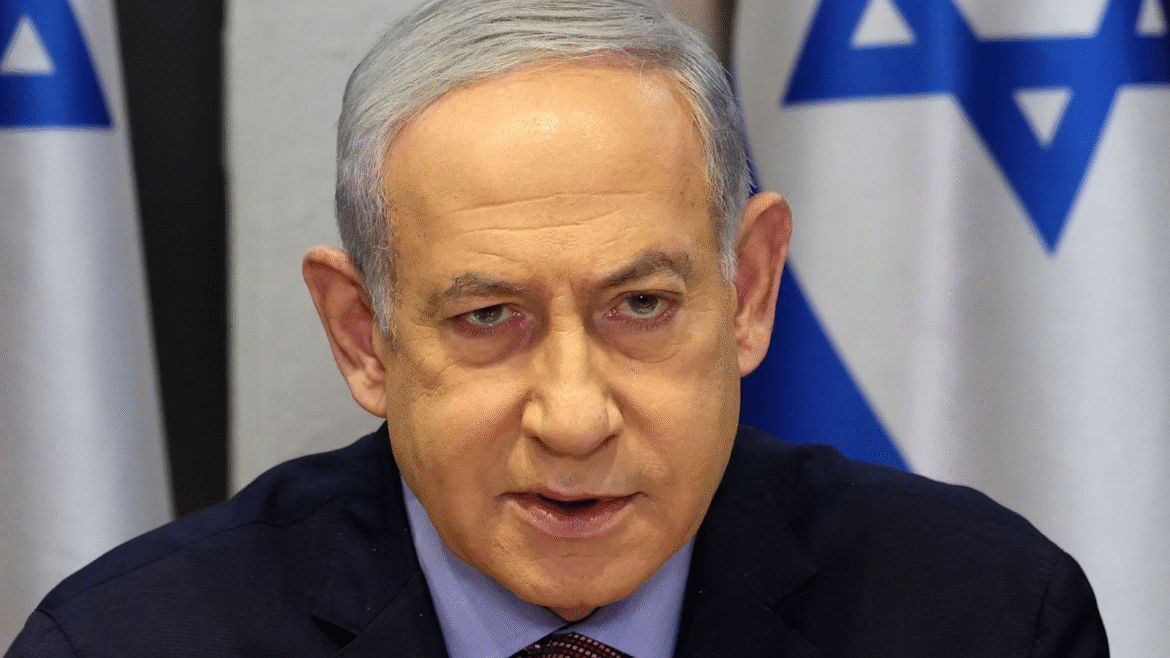A vow of revenge has emerged from Yemen after Israeli Prime Minister Benjamin Netanyahu took credit for an airstrike that killed the Houthi prime minister. While Netanyahu celebrated the attack as a “fatal blow,” the head of the group’s supreme political council, Mehdi Al Mashat, promised retribution, signaling that the conflict is set to intensify.
Netanyahu proclaimed the strike, which killed Ahmed Ghaleb Al Rahwi and other officials, was “just the beginning” of a targeted campaign. The Israeli action is a direct response to the Houthis’ persistent missile attacks on Israel and their disruptive operations against shipping vessels in the Red Sea since the start of the Gaza war.
The raid underscores a dramatic shift in Israeli intelligence priorities and capabilities regarding Yemen. However, the celebration in Jerusalem is tempered by the fact that the Houthi’s top military commanders, including the chief of staff, were not hit, making the strategic gain incomplete.
Analysts note the dual effect of the strike. On one hand, it’s a “remarkable” feat of military precision that puts the Houthi leadership under immense pressure. On the other, as expert Yoel Guzansky points out, it is unlikely to curb the group’s motivation, which is rooted in its solidarity with the Palestinian cause.



